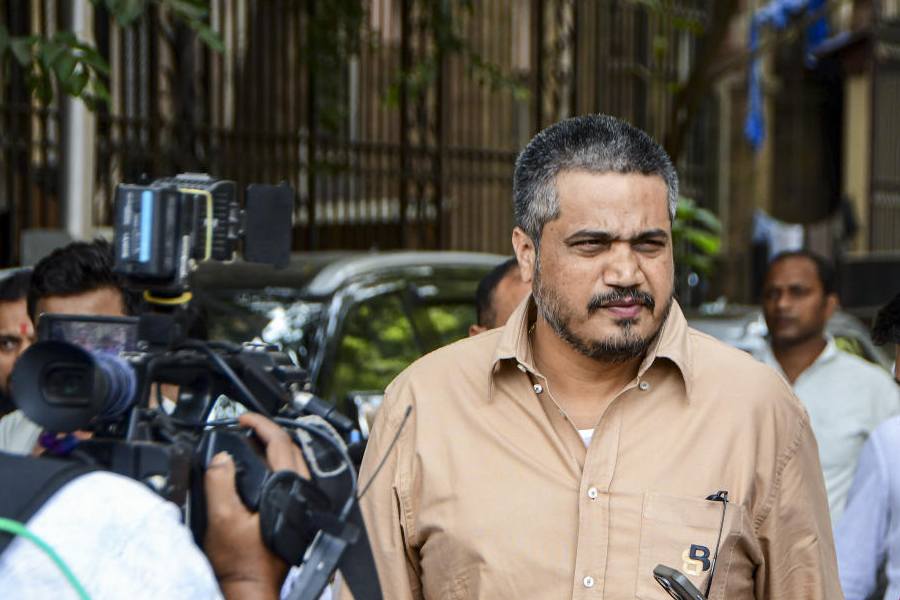The Delhi Zoo will remain shut for visitors from Saturday after two painted storks tested positive for the highly pathogenic H5N1 avian influenza virus, officials said.
According to zoo authorities, samples from the two dead birds in the waterbird aviary were sent to the National Institute for High Security Animal Diseases (NIHSAD), Bhopal, on August 27. The results, received on August 28, confirmed H5N1 infection. Another bird, an ibis, has also died, and its samples are being examined.
The zoo, in an official statement on Friday, said: "Immediate action has been initiated in accordance with Chapter VI of Guidelines for Zoological Park of Action Plan for Preparedness, Control and Containment of Avian Influenza (revised-2021) issued by the Ministry of Fisheries, Animal Husbandry and Dairying, Govt of India, to prevent its spread to other animals, birds, and safeguarding staff of the zoo."
Officials confirmed that intensive surveillance and strict biosecurity measures had been put in place.
"Further, in the interest of public health, safety and to strengthen bio-safety protocol, the zoo will be temporarily closed for visitors from Aug 30, 2025, until further order," the statement added.
Officials said the zoo would likely remain closed for three to four weeks, during which random samples will be tested every 15 days. If three consecutive rounds are negative, reopening will be considered.
Prevention remains the immediate priority. "In the case of poultry or livestock setup, the prevention includes culling of the entire flock/stock. However, this is not possible in the case of wild birds or captive zoo birds. So preventive measures are taken," an official explained.
The measures include restricting vehicle movement without tyre baths, mandatory protective gear for staff entering enclosures, twice-daily health monitoring of animals, and routine disinfection. "There is a large SOP for the same… the linkage must be broken to end the infection," the official said.
On the diet of predators such as tigers, another official clarified that the chicken provided to them was safe: "Had there been a case in Delhi or elsewhere as well, we would have avoided such food completely. But since there is no outbreak or any case reported, we will continue giving chicken. Still, we are treating it with chlorine water."
Avian influenza A(H5N1), first detected in 1996 in the goose/guangdong lineage, primarily infects birds but can also spread to mammals, including humans in rare cases, according to the World Health Organization (WHO).
The virus has previously forced the Delhi Zoo to shut in 2016 and 2021.









